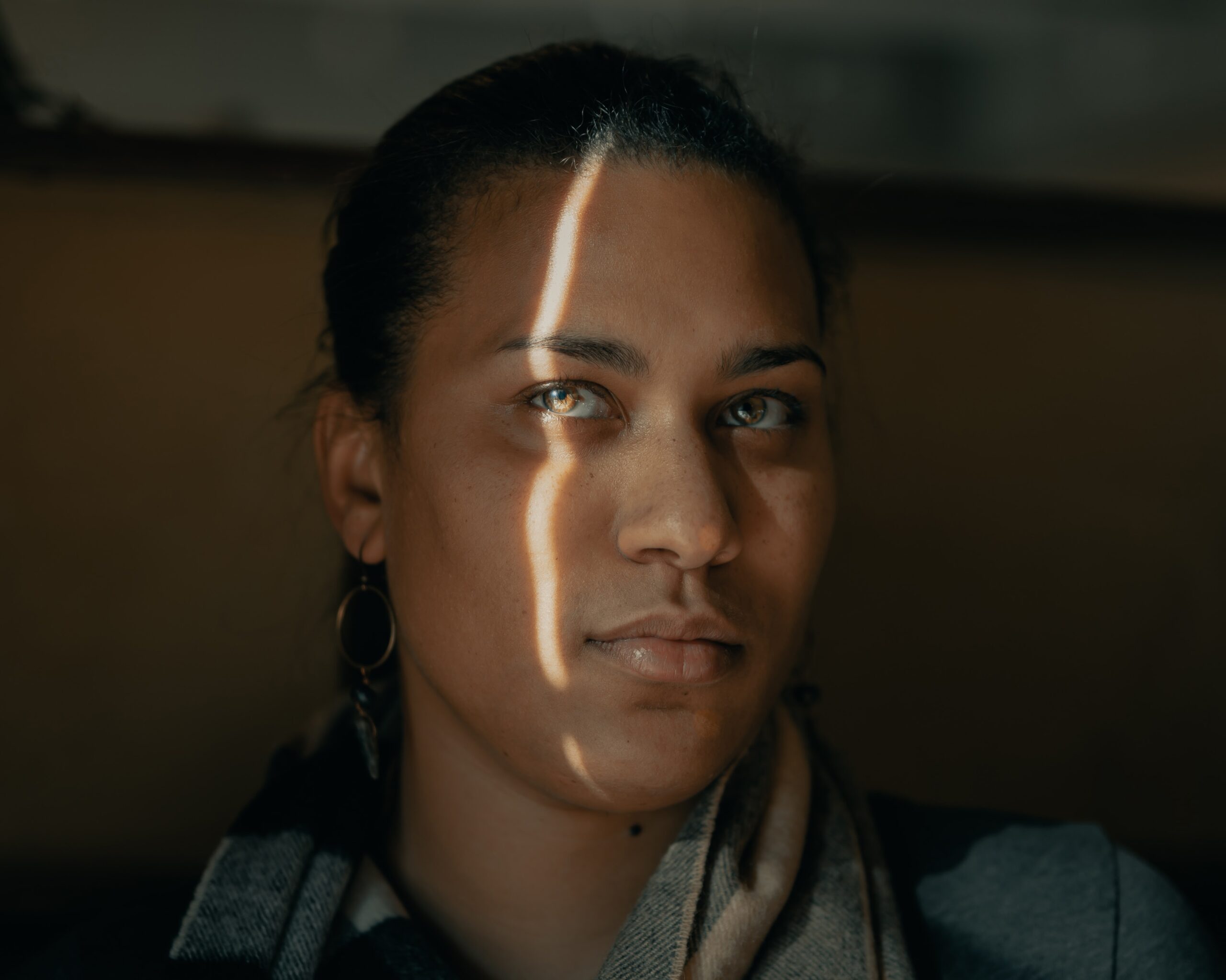Recently Colin Kaepernick has spoken about his experiences growing up as an adoptee of colour. The thing which distinguishes his and so many other adoptions is that his adopters are white.
The sad fact is that there are a disproportionate number of children of colour in the system and available for adoption. Take a look at some American adoption agencies and a small scratch of the surface reveals a sliding scale of fees based on ethnicity with Black children often costing tens of thousands of dollars less than white children. Astounding really when you think of how Black children are objectified within adoption circles.
The media feeds into this obsession with acquiring–collecting–children of colour. Celebrity adopters such as Madonna and Angelina Jolie regularly trot out their tribes of stolen children in a desperate attempt to virtue signal to the world and be lauded. Lauded for what? Taking a child from their country of origin? Removing them entirely from their culture? How is that beneficial for the child? Surely with the kind of wealth they have, if they had a desire to save a child, funding that child to remain in their own country would be a more ethical approach.
Now let’s look at the experiences of transracial adoptees. Many times we are adopted into families as a plan C. Families at the end of their adoption journey having been turned down from other avenues of adoption. Families faced with the reality that there are very few white babies available for adoption, or if funds are drying up, will look at other options. Whether that be domestically or internationally that often concludes with the adoption of a child of colour. That child, ripped out of their culture and often torn from their country, now has to acclimatise to a completely alien environment. As they grow up this feeling of alienation is often compounded by views held within their own families, views often shared and declared within their company.
The comments made towards Colin when he talks about his hair and his family’s reaction to his wish to have braids is a perfect example of the kind of denial of culture TRAs have to endure their entire lives. And denial of culture doesn’t stop at hair care. Denial of culture includes denying access to food, access to music, access to literature, access to community and so in essence: access to self. In the face of such denials of basic human rights, to expect anyone to be grateful is laughable.
You didn’t save us. You inflicted immeasurable damage. You want gratitude? That’s not how gratitude works, to be grateful you first need something to be grateful for.
You want me to be grateful for being a transracial adoptee?
